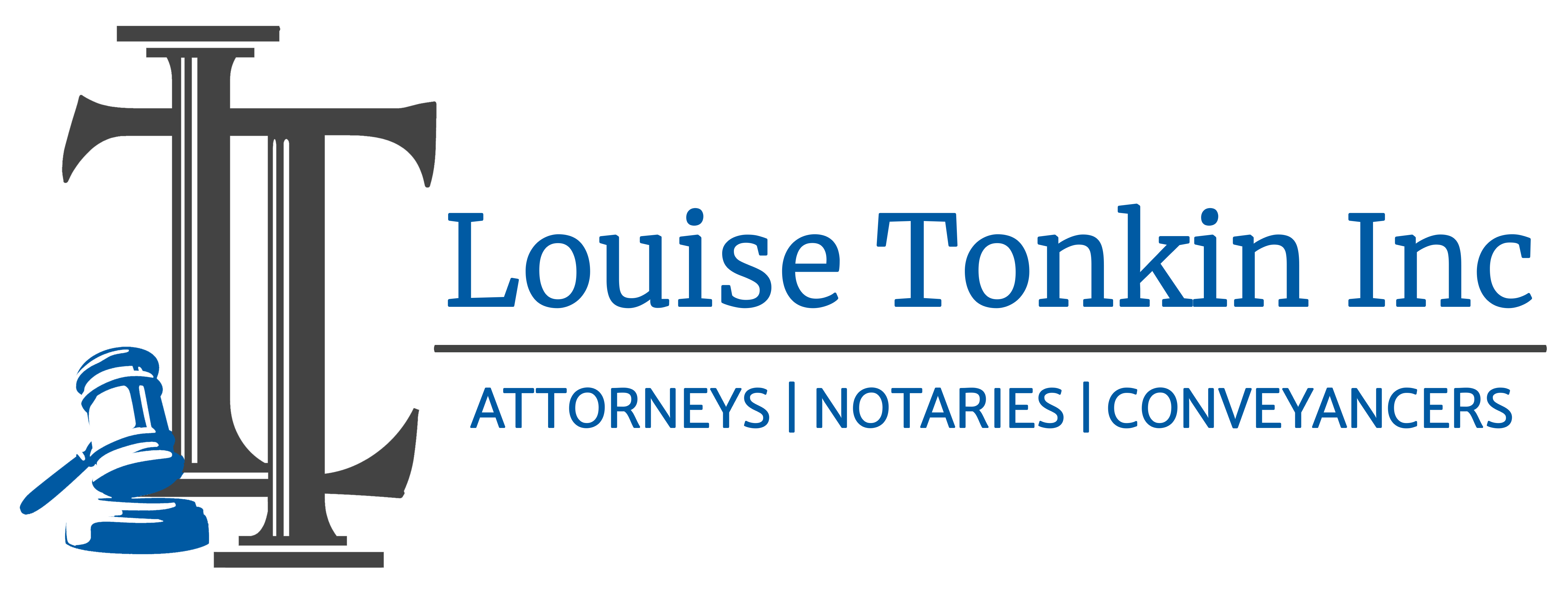2018 / 03 28
Sadly as of 1 April 2018 in terms of the budget speech presented on 21 February 2018, VAT will now be levied at 15%. Certain property transactions will attract VAT and not transfer duty.
How do we know when the transaction attracts transfer duty or VAT?
The golden rule in order to determine whether VAT or Transfer duty is payable is dependent on the status of the seller i.e. whether an individual or entity is a VAT vendor for purposes of the transaction (taxable supply). If the seller is a VAT vendor (registered for VAT) then generally VAT is payable by the purchaser. If the seller is NOT a VAT vendor then transfer duty is payable by the purchaser. The registration of the transfer will trigger the VAT payment, which is payable with the seller’s next VAT return after registration of the transfer.
Once you have determined that the transaction will attract VAT and the seller is a VAT vendor, then you must determine if the transaction is inclusive or exclusive of VAT. This is important as it will affect the purchase price for the purchaser and the bottom line of proceeds due to sellers.
Once you have determined whether the transaction is inclusive or exclusive of VAT then you must determine if the VAT input can be claimed back by the purchaser or if the transaction can be zero-rated.
Either way once it is established that it is a VAT transaction then the conveyancer will submit a transfer duty Exemption to SARS and receive a transfer duty exemption certificate for lodgement in the Deeds Office. This transfer duty exemption will state in terms of which section of the act the exemption is issued.
TRANSACTIONS INCLUSIVE OF VAT
If the sale agreement is silent or states that the purchase price is VAT inclusive then the seller will pay the VAT to SARS out of the proceeds of the sale. The Vat is calculated as follows:
- Purchaser price divided by 115 = X 15 = an inclusive VAT rate.
EXAMPLE: the purchase price of 1 000 000 ÷ 115 = X 15 = R131 78.94 which the seller will pay to SARS.
So the purchaser will save on transfer duty and will not pay the VAT.
TRANSACTIONS EXCLUSIVE OF VAT
If the sale transaction states that the purchase price is VAT exclusive then the purchaser will pay VAT on top of the purchase price and this will be collected with the purchase price by the conveyancer, and paid over to SARS on behalf of the seller. It can be paid to the seller who will pay the same to SARS with it’s/his/her next VAT return or the conveyancer can pay the same over to SARS after registration. The VAT is calculated as follows:
- Purchase price X 15 % VAT = an exclusive VAT rate
EXAMPLE: the purchase price of 1 000 000 X 15% = R150 000.00 which the purchaser will pay over and above the purchase price to the conveyancer who will pay it over to SARS or to the seller to pay to SARS.
Here the purchaser will pay VAT (R150 000) but no transfer duty (R3000). VAT is way more.
RECLAIMING THE VAT FROM SARS
If the purchaser is a registered VAT vendor, then the purchaser can claim the inclusive or exclusive VAT rate which was paid to SARS back as an input tax amount. In order to claim the VAT back, the purchaser will have to submit to SARS its next VAT return:
- a copy of the transfer duty exemption;
- a tax invoice on the letterhead of the seller, addressed to the purchaser, reflecting the VAT numbers of both seller and purchaser, the VAT in question, and the name and address of the purchaser.
If the seller is not registered as a VAT vendor and the purchaser is registered as a VAT vendor then the purchaser will pay transfer duty and will be able to reclaim the amount of transfer duty back as a tax input on the tax return.
ZERO-RATED TRANSACTIONS
The scenario exists where the transaction can be Zero Rated, where the following criteria are present:
- The immovable property is sold as a going concern in other words there is a business that forms part of the supply, which can be run as a separate income-earning activity, and the purchaser acquires the immovable property and business together as a going concern.
- The seller is a registered VAT vendor;
- The purchaser is a registered VAT vendor;
- A written contract signed by both seller and purchaser containing the requisite conditions relating to the above;
In the above instance, neither transfer duty nor VAT need to be paid.

